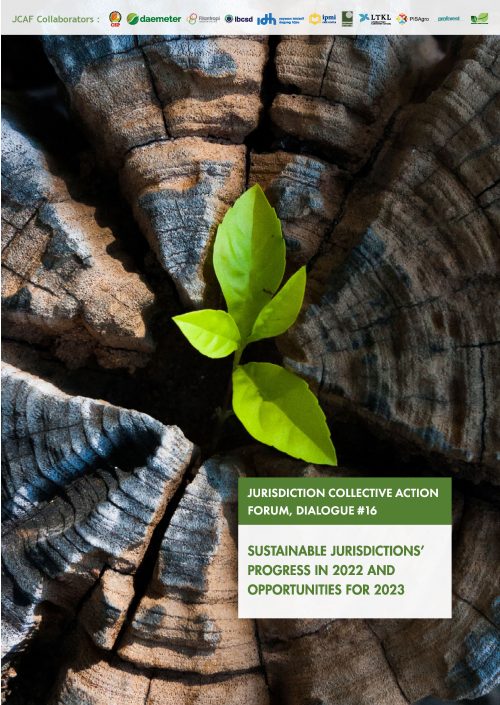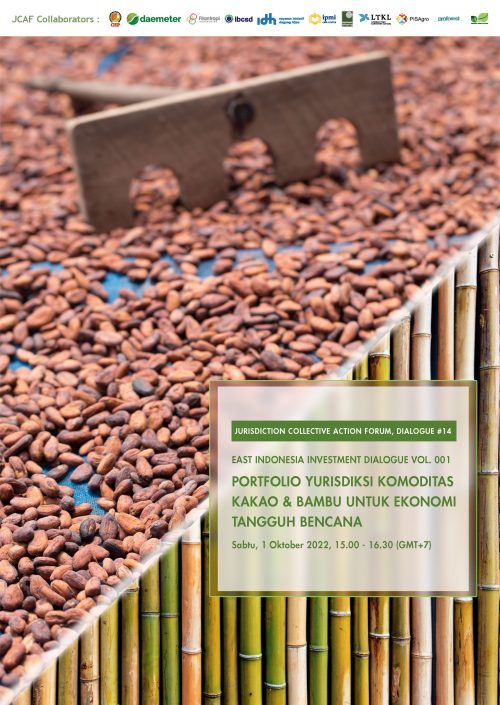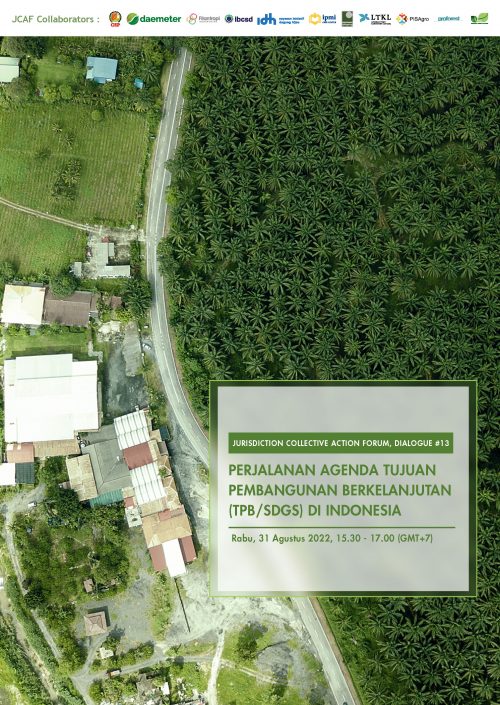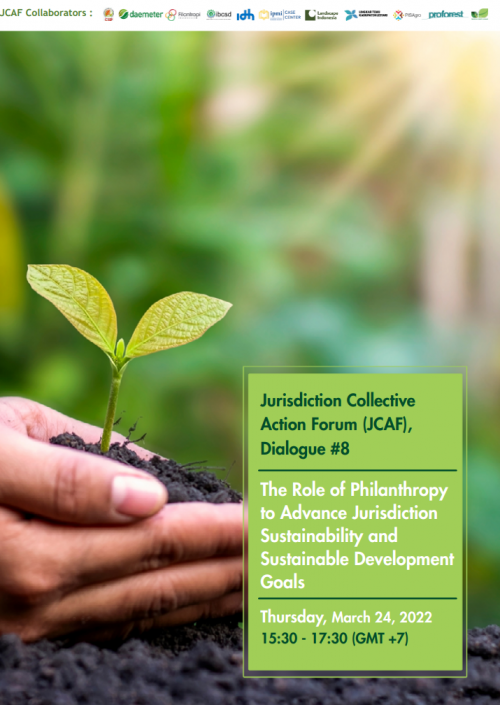The jurisdictional approach offers an integrated approach that aims to reconcile social, economic, and environmental objectives through cooperation by a diverse set of stakeholders across different sectors, implemented within governmental administrative boundaries, with involvement from the government. The jurisdiction scale can vary from all levels, including country, state, province, or municipality.
The ideal jurisdictional approach involves a full range of stakeholders from all relevant government agencies at the national and subnational levels, sourcing companies, producers, Civil Societies Organizations (CSOs), indigenous communities, smallholder farmers and financial institutions. Each stakeholder representative aims to contribute to the shared goals to advance the green growth agenda.
Mobilizing Collective Action
Opportunities for co-creation and collaboration among stakeholder groups to pursue more coherent sustainable development and embark on collective action strategies are growing. Our aim is to curate business cases that demonstrate mainstreaming collective action agenda.
The aforementioned focus areas are closely related to the interconnected collective actions we propose through jurisdictions engagement, investment mobilizations and private sector coalitions.
In the context of global development, smallholders occupy a unique and important position. In most developing countries, smallholders produce the majority of produce consumed by the general population. The situation presents an imperative to support smallholders as a part of jurisdictional sustainability efforts.
Jurisdictional Collective Action Forum
The Jurisdictional Collective Action Forum (JCAF) is a collaborative platform created to promote the spirit of collective action (gotong royong) across leading jurisdictions in Southeast Asia toward forest positive future. In achieving its objectives, JCAF aims to build partnerships to address various sustainability challenges and opportunities involving key leaders across governments, sectors, and commodities.
JCAF provides an open and safe environment for all parties to contribute constructively. It offers opportunities and priorities across leading jurisdictions for scalable solutions. The JCAF can bring wider communities, promote sustainable policies and regulations, unlock investment opportunities and to develop evidence-based business cases publications.
Our role is to curate, convene and catalyze. In curating, we look for innovative and impactful ideas. In convening key stakeholders, we catalyze actions to support sustainable jurisdictions, promote sustainable supply chain agenda and catalyze collective actions.
While hundreds of stakeholders have endorsed the commitment to reduce the rate of deforestation by half by 2020 at the New York Declaration on Forests, significant progress has been made in the Southeast Asia region.
Furthermore, the Glasgow Leaders Declaration on Forests, signed by more than 141 countries at COP26 in November 2021, indicates forests and land use features prominently. The declaration is also accompanied by $20 billion of new financial resources and stronger private sector commitments.
The growing investment into voluntary carbon markets further hopes that new incentives will be available to encourage greater conservation and restoration of critical ecosystems alongside economically productive activities.
New collaborations on different levels between the government and private sectors are paramount to achieving the expected progress. The Indonesian spirit of gotong royong essentially embodies the essence of collective action—a communal effort responsibility to undertake a task of importance to the whole community.
JCAF Collaborators
In bridging sustainability efforts and collaborations between parties across different levels, JCAF Dialogue is supported by various partners.
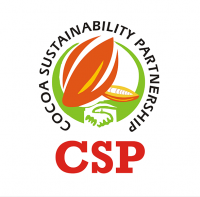





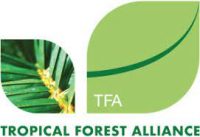
JCAF Dialog Series
A series of recent and upcoming dialogues hosted by JCAF on subjects related to JCAF’s concerns.

